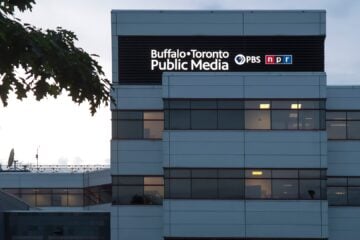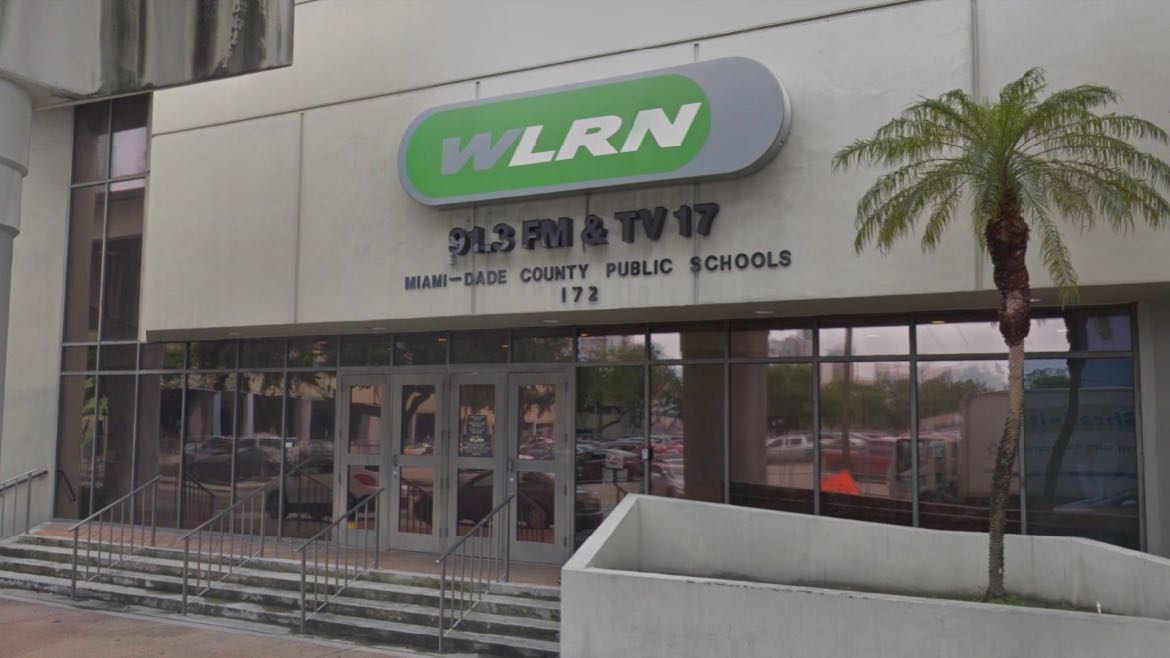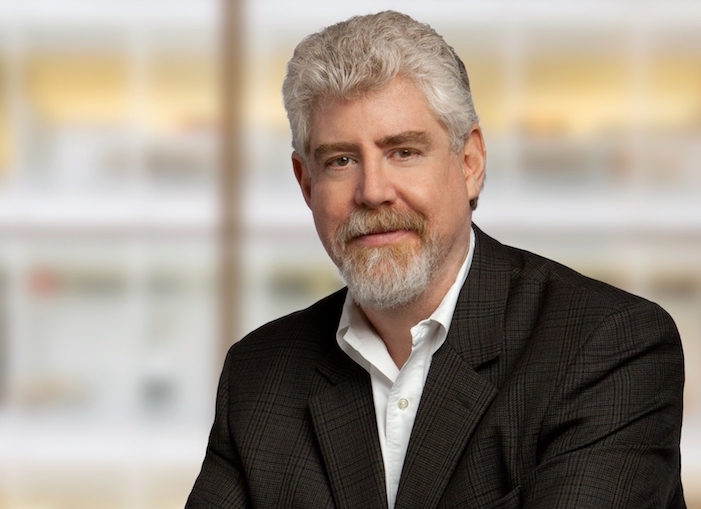Pubcasters may benefit from potential FCC changes to use of educational spectrum
The FCC is reviewing its regulations for frequencies in the educational broadband service band, proposing to give educational institutions and some public broadcasters more flexibility to earn revenues from the spectrum.
In a package of reforms approved for public comment last week, the commission proposes to change rules that allow EBS licensees to lease their nonbroadcast spectrum for commercial purposes. Its wide-ranging proposal could give licensees new incentives for dedicating the frequencies for wireless broadband uses, potentially through a spectrum auction, or could open a window for educational institutions to acquire new licenses.
The nonbroadcast spectrum at issue is in the FCC’s 2.5 GHz EBS band, frequencies originally authorized for educational use in the 1960s. Since 1983, the FCC has permitted the nation’s about 1,300 existing EBS licensees to lease up to 95 percent of their EBS spectrum to commercial users. The remaining 5 percent is supposed to be used for educational purposes.
The FCC restricts EBS licenses to educational organizations and institutions. Representatives of the National EBS Association estimate that 50 existing licensees are affiliated with public broadcasters.
In 2005, the FCC cleared the way for EBS licensees to lease the frequencies for mobile phone use. According to NEBSA officials and attorneys who represent licensees, Sprint has leased the vast majority of EBS spectrum for its wireless telephone business.
In a notice of proposed rulemaking released May 10, the FCC asked the public for comment on its reform package, including proposals to auction the spectrum or to give EBS licensees the right to use the frequencies for whatever purposes they want. Licensees could sell the spectrum to other parties, for example, without conditions on how the buyers use the frequencies. The NPRM also seeks comment on a proposal to give existing EBS licensees, tribal nation representatives and other entities that meet its criteria a fresh opportunity to acquire new EBS licenses.
“Should we allow all entities that are interested in using this spectrum the same opportunity to acquire licenses in this band?” the FCC asks in its NPRM.
Commissioner Michael O’Rielly, one of the FCC’s three Republicans, expressed concerns about the proposal to open a new window for EBS licensees and other “preferred entities” to acquire EBS spectrum for no charge.
“It is one thing to allow long-standing incumbents greater flexibility to put their spectrum to better use or participate in the secondary market,” O’Rielly said in a statement. “It is quite another to issue new licenses for free or on the cheap, which then — consistent with EBS tradition — could be immediately leased or flipped to commercial providers. Why would we enrich such middlemen? Why would we continue the EBS charade and would doing so even be consistent with the law?”
Commissioner Brendan Carr issued a statement endorsing the decision to seek comment on whether the agency should “consider an incentive auction or other mechanisms to allow the market to determine the band’s highest and best use.” Carr, a former FCC general counsel, was confirmed last year as President Trump’s nominee to serve on the commission.
In his own statement, Chairman Ajit Pai said he is “bullish” about the NPRM’s goal of “making more spectrum available for the mobile services consumers increasingly rely upon.”
Executives from NEBSA haven’t yet taken official positions on specific NPRM proposals. NEBSA Chair Lynn Rejniak told Current that EBS licensees had been good stewards of the spectrum and worked within the rules the FCC established.
“We think EBS has been a success, so we’re not sure we share the same perspective as some of the commissioners on the history of EBS,” Rejniak said. “We would like to see education continue to have some leverage to this band.”
NEBSA hasn’t tracked how much revenue EBS licensees have generated from their spectrum leases, Rejniak said.
But Mark Fratrik, SVP for BIA Consulting, said the EBS spectrum at auction “could easily be worth billions of dollars.”
Public stations with EBS licenses use the spectrum in various ways.
WHYY in Philadelphia leases 95 percent of its EBS spectrum to Sprint, said spokesperson Art Ellis in an email. “The amount of revenue is considered confidential,” he wrote.
WHYY has reserved the remaining 5 percent for education, but is not doing anything with it, Ellis added. “My understanding is that we are not required to use it,” he wrote.
“We offer many educational services,” especially through off-air methods. Ellis said.
On the other hand, Northern Michigan University, licensee of WNMU-TV in Marquette, uses 100 percent of its EBS spectrum for an educational data service used by thousands of students in Michigan’s Upper Peninsula, said GM Eric Smith, who directs NMU’s broadcast and audiovisual services.
“The FCC is asking good questions, and they’re going to require a lot of study,” Smith said of the agency’s NPRM. “We need to be careful first and foremost to preserve the spectrum for educational use.”
“Public broadcasters who have been fortunate enough to have been getting a financial benefit from these licenses for years could get another potential benefit here,” said Steven Schaffer, an attorney with Garvey Schubert Barer who represents several pubcasters with EBS licenses, including Connecticut Public Broadcasting Networks, Arizona PBS and Mississippi Public Broadcasting.
Comments on the NPRM proposals will be due 30 days after the notice is officially published in the Federal Register, according to the FCC, with reply comments due 30 days thereafter.






